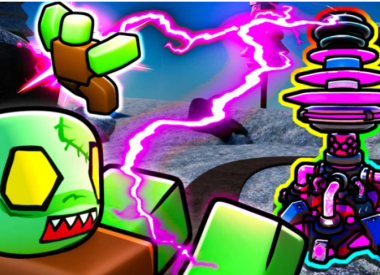Thankfully, in a relatively short amount of time, the need to champion video games as a medium worthy of serious artistic appreciation has become gratuitous. Nowadays, the works speak for themselves, with a rhetoric keen and unmistakable. This year alone saw the release of hallmarks in the industry by way of both mechanics and storytelling. Their sweep is ubiquitous, casting a heavy shadow over the days when “gamers” were thought of as being little more than button mashing space cases.
Video games aren’t the modern equivalent of reading a novel nor are they contenders. They are very much singular outputs of expression deserving of a shot to craft their own distinct legacy, which is why it baffles me that the platitudinous, “When are we gonna get a good Videogame movie?” is still a frequently posed talking point during what might very well be viewed as the golden age of the medium in subsequent years to come.
First of all, a case can be made that we hardly get good movie-movies. Secondly, out of the slew of big screen video game adaptations over the years, how many of them were actual adaptations, well executed or not, as oppose to insert-genre-here frameworks to hang licensing cash grabs on? The answer is extraneous. This hackneyed quest to find validation in beloved video game properties on the silver screen only undermines their impact.
Stand out titles moving increasingly toward cinematic aesthetics says nothing about them becoming more adaptable. Games like The Witcher 3 or The Last of Us utilize filmic tools to fortify what makes them work in their own unique way. It’s not emulation, but assimilation.
A good film is a composite of images and sounds that provoke meaningful consideration in a spectator. A good game finds its artistry in the fluidity of its mechanics above all else, but more times than not, attempts to do the same as the former in the form of interactivity. Even a hypothetical good video game adaptation, i.e one that contained a cohesive narrative, realized characters and an indisputable appreciation for the said game it was adapting, would lose so much in translation it would hardly seem worthwhile. I imagine a competently made Elder Scrolls adaption would amount to little more than a drab paint by numbers fantasy film. We’ve already got plenty of those, so what good does slapping a recognizable brand on one do for anybody?
I guess the problem comes down to the misconception that video games are some logical conclusion to mediums that already exist, when in actuality trying to adapt the massive online role playing game World of Warcraft into a big budget action blockbuster is as misguided as trying to adapt Franz Liszt's Mazeppa into a situational comedy. The units just don’t translate and we should stop trying to force them to. Video games are forging their own path as a fledgling art, so let’s not get in their way.

















